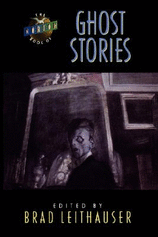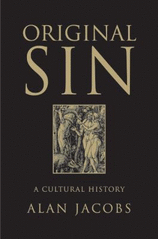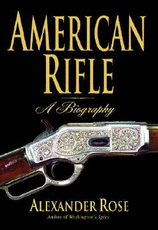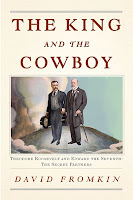
Cotterill's entry begins:
It’s my own silly fault. I know that now. How am I ever going to break into Hollywood without a western protagonist? My sin, you see, is that all my characters are Lao. There have been, so far in the series, only one direct and one peripheral role for honkies and one of those was a Soviet circus performer. How can I get my movie made without any A-list actors queued up to play the main role of Dr. Siri Paiboun?Visit Colin Cotterill's website and his Crimespace page, and learn more about Curse of the Pogo Stick at the publisher's website.
We could use makeup I suppose. In fifteen movies, Charlie Chan was played by a Swede, Warner Oland, and nobody noticed he was a Norseman. (I hesitate to suggest there was any racism involved in the fact that audiences could so happily accept him as an émigré from mainland China.) When poor old Warner passed away, who took over the mantle of the most famous Chinese in the west? Sidney Toler, a Scot. When they were looking for an actor to play Kentaro Moto, in a popular series about a Japanese secret agent they needed to look no further than Peter Lorre, the world’s most famous Hungarian. And after Lorre had made a Japanese name for himself in eight feature films, when it came to a remake, The Return of Mr. Moto, even as late as 1965, who did they call? (Sidney Toler was busy), good old Henry Silva, a New York Sicilian. It looks like there just weren’t any real Asians around in them days.
So, assuming we go with the clothes pegs behind the ears method, who should I ring in?...[read on]
Colin Cotterill is the author of The Coroner’s Lunch, Thirty-Three Teeth, Disco for the Departed, and Anarchy and Old Dogs, featuring seventy-three year old Dr. Siri Paiboun, national coroner of Laos. He and his wife live in Chiang Mai, Thailand, where he teaches at the university.
The Page 69 Test: Anarchy and Old Dogs.
My Book, The Movie: Curse of the Pogo Stick.
--Marshal Zeringue

















































